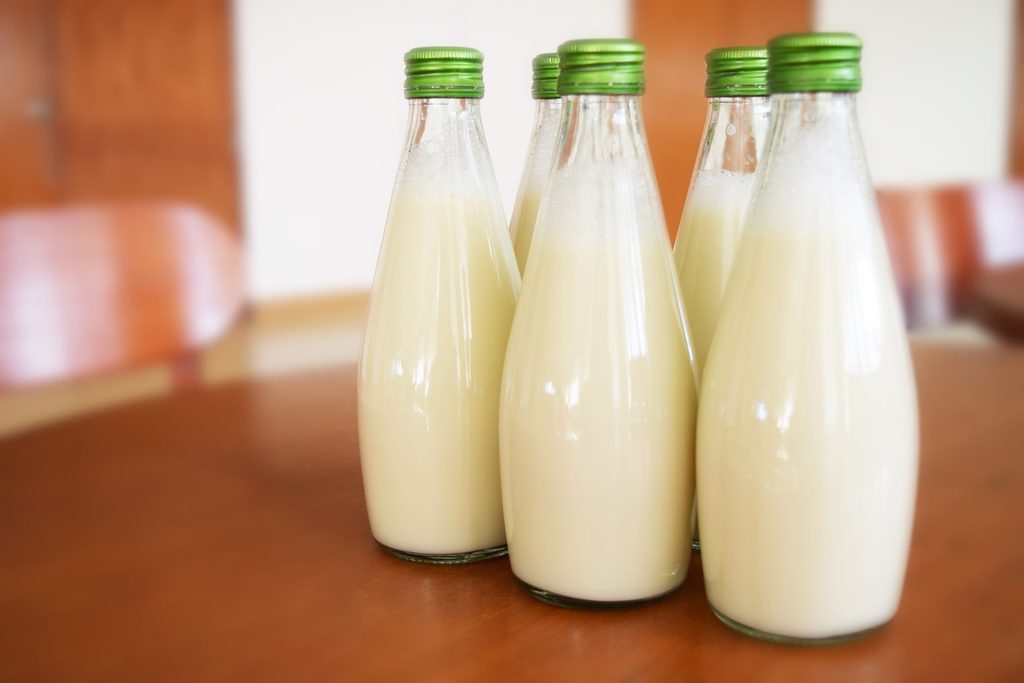A recent investigation by RTBF has shone a light on why some lactose-free milk products, such as the Dilea brand, cost more than three euros per litre while others, such as the Boni private label at Colruyt, cost less than half of that.
While most look almost identical in the context of their labels, with fat, carbohydrates, dietary proteins, and calcium levels all comparable across the brands, the RTBF investigation found that the cheap lactose-free milk tasted sweeter than those for three euros.
According to a statement received by RTBF from Dilea, one of the more expensive brands, the discrepancies are due to a protected manufacturing process that makes it possible to provide lactose-free milk with a taste closer to that of normal milk. But is this enough to justify the high price for the top brands?
"To make lactose-free milk, the industry mimics our digestive system," Christophe Blecker, a chemical engineer specialising in food at Gembloux Agro-Bio Tech, told RTBF. “To digest a lactose molecule, we need an enzyme that acts like a pair of scissors, lactase. It cuts the lactose molecule in half, resulting in glucose on one side and galactose on the other. "
"In Europe, about 10% of the adult population no longer produces enough of this enzyme, which leads to difficulties in digesting lactose,” he added. “To make lactose-free milk, lactase is added to the manufacturing process. The industry, in a way, predigests milk."
But the two separate molecules - glucose and galactose – have twice as much sweetening power as lactose. The carbohydrate level does not increase, but the taste of the milk is sweeter.
"There are lactose filtration techniques," continued Christophe Blecker. "We can imagine that some industrial processes consist of removing lactose from milk, digesting it separately, and reintroducing only part of the glucose and galactose to limit the sweet sensation."
This additional step would partly explain the higher cost of some lactose-free milks.
Another possible explanation for the higher prices is the cost of transporting the milk between the factory and the supermarket. Dilea is made in Spain, in Urnieta some 1200 kilometers from Brussels. At the price of fuel and motorway tolls, it is understandable that this adds to the final price of the product.
But why go so far for milk when Belgium produces more than 4 billion litres each year and several Belgian dairies have mastered the technique of making lactose-free milk?
"In Urnieta, we have found the best process to maintain a taste very close to milk," Dilea added in its statement to RTBF. "But our lactose-free milk also retains its white colour when you boil it. This is not the case with all lactose-free milks."
Whether this or any of the other factors really justifies the price is still up for debate.

